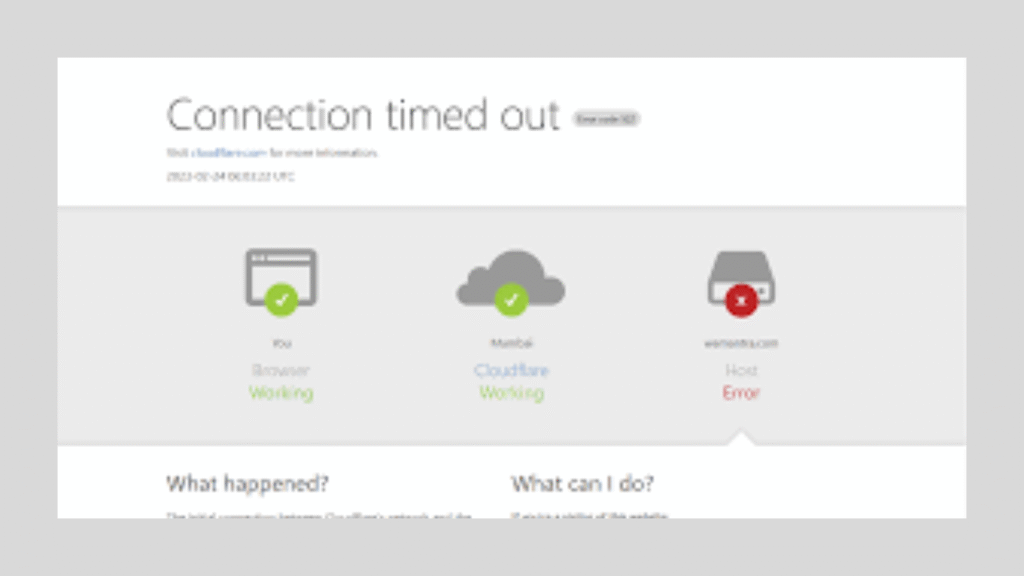No, directly canceling an ASP.NET Core request from the Angular proxy isn’t possible. The proxy acts as a bridge, forwarding requests from the frontend to the backend seamlessly. However, there are alternative strategies to achieve similar results:
Table of Contents
World Top 5 Search Engines | best search engines
1. Using Interceptors in Angular (Control at Frontend):
- Interceptors are services that can intercept outgoing HTTP requests and responses in Angular.
- You can create an interceptor to check for specific conditions and decide whether to forward the request to the backend.
Here’s a conceptual representation:
+--------------------+ +--------------------+
| Angular | | Backend | (ASP.NET Core)
|--------------------+ +--------------------+
| | | |
| Makes a Request | | | (Forwarded by Proxy)
| | | Processes Request |
| (Interceptor) ------> | |
| Check Conditions | | |
| Cancel if needed | | |
| | | Returns Response |
| | | |
+--------------------+ +--------------------+
Implementing the Interceptor:
- Create a new service using the Angular CLI:
ng generate interceptor my-cancel-interceptor - Modify the generated
my-cancel-interceptor.tsto implement theHttpInterceptorinterface:
TypeScript
import { Injectable } from '@angular/core';
import {
HttpEvent,
HttpInterceptor,
HttpRequest,
HttpResponse,
} from '@angular/common/http';
import { Observable } from 'rxjs';
@Injectable()
export class MyCancelInterceptor implements HttpInterceptor {
intercept(
req: HttpRequest<any>,
next: HttpHandler
): Observable<HttpEvent<any>> {
// Your logic to decide if request should be cancelled
const cancelRequest = /* condition to check */;
if (cancelRequest) {
// Simulate cancelling by throwing an error
return throwError('Request cancelled');
}
return next.handle(req);
}
}
- Register the interceptor in
app.module.ts:
TypeScript
imports: [
...,
HttpClientModule,
// ...
],
providers: [
{ provide: HTTP_INTERCEPTORS, useClass: MyCancelInterceptor, multi: true }
],
2. Authorization/Validation Checks in ASP.NET Core (Control at Backend):
- Implement authorization checks or data validation within your ASP.NET Core controllers.
- If checks fail, return appropriate error codes (e.g., 401 Unauthorized or 400 Bad Request) with informative messages.
Here’s a conceptual illustration:
+--------------------+ +--------------------+
| Angular | | Backend | (ASP.NET Core)
|--------------------+ +--------------------+
| | | |
| Makes a Request | | | (Forwarded by Proxy)
| | | Checks Authorization |
| | | Validates Data |
| | | |
| | | Success: Process |
| | | Failure: Return |
| | | Error Response (401, 400) |
+--------------------+ +--------------------+
Implementing Authorization/Validation:
- Use ASP.NET Core authorization filters (e.g.,
[Authorize]) to control access to API endpoints. - Implement data validation logic within your controller actions using techniques like model validation attributes or custom validation logic.
3. Cancellation Tokens in ASP.NET Core (Long-Running Requests):
- For long-running tasks in ASP.NET Core, utilize cancellation tokens.
- Inject a cancellation token into your controller actions and propagate it to long-running operations.
- The Angular application can initiate cancellation by signaling the token from the interceptor or elsewhere.
Choosing the Right Approach:
- Use Interceptors: For cancellation based on application logic within Angular before requests reach the backend.
- Use Authorization/Validation in ASP.NET Core: For cancellation based on authorization rules or data validation within the backend API.
- Use Cancellation Tokens: For long-running backend requests where you want the Angular application to trigger cancellation.
While the proxy offers convenience, these alternative approaches provide more control over request behavior depending on your specific needs.
Is there a way to make Angular proxy cancel ASP.NET Core request?Faq
FAQ: Cancelling ASP.NET Core Requests from Angular Proxy
Q: Can I directly cancel ASP.NET Core requests from the Angular proxy?
A: No, the Angular proxy is designed for seamless request forwarding. It doesn’t provide built-in mechanisms for cancellation.
Q: How can I achieve request cancellation then?
A: Here are alternative approaches:
- Angular Interceptors: Implement an interceptor in your Angular application to monitor outgoing requests. Based on conditions, the interceptor can stop the request before it reaches the backend.
- Authorization/Validation in ASP.NET Core: Perform authorization checks or data validation within your ASP.NET Core API controllers. If checks fail, return appropriate error codes instead of processing the request.
- Cancellation Tokens (for Long-Running Requests): Utilize cancellation tokens in ASP.NET Core for long-running operations. The Angular application can initiate cancellation by signaling the token.
Q: Which approach should I use?
- Choose interceptors if cancellation logic resides within your Angular application.
- Opt for authorization/validation in ASP.NET Core for cancellation based on backend checks.
- Use cancellation tokens for long-running backend tasks that you want to cancel from Angular.
Q: Are there any additional considerations?
- Interceptors offer control at the frontend, but require custom logic within Angular.
- ASP.NET Core authorization/validation provides control at the backend but might require changes to your API controllers.
- Cancellation tokens are suitable for long-running operations on the backend, enabling cancellation from Angular.
Is there a way to make Angular proxy cancel ASP.NET Core request?Faq

